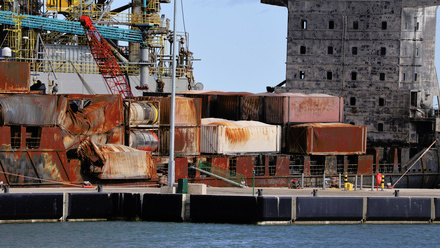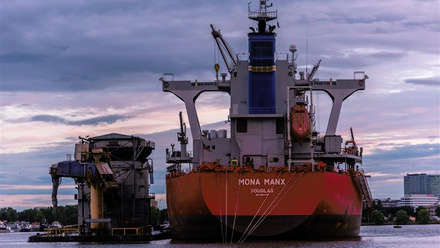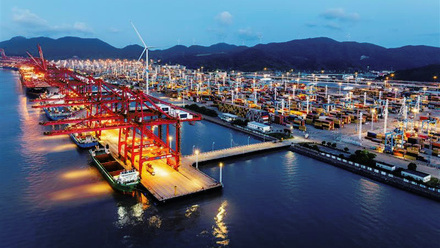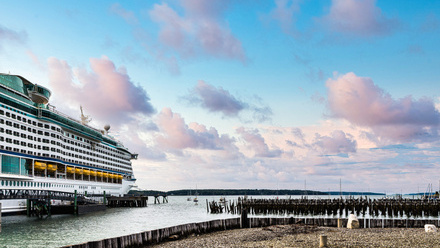Keeping small ship standards ship shape
In IMarEST’s Small Ships Special Interest Group (SS SIG), members are helping to structure regulations and standards for small craft as more people start to live on their boats due to the cost of living.
Quality, safety, security, sustainability. Few people would disagree that these elements are important. But as many aspects of small ships are governed by standards set out by ISO - the International Organization for Standardization – one of the main challenges is keeping up with changes.
“ISO standards are basically international regulations,” explains SS SIG member Dr Jean-Baptiste Souppez.
For small ships, ISO standards include ISO 12215, which looks at hull construction and scantlings, ISO 799, which looks at pilot ladders, and ISO 12217, which focuses on stability and buoyancy. For the most part, the people working on developing and improving ISO standards are volunteers: “They dedicate their time to work on these rules to ensure that people are safe and that things are done properly,” confirms Souppez.
But with the ever-increasing cost of living, “We’re seeing more and more people living on boats now because it is cheaper than renting. So, usage has changed from occasional weekends where people come down and take the boat out for the afternoon to being on it seven days a week,” says Tom Keeling (MIMarEST, CMarEng), who recently took over as chair of SS SIG.
Keeling is particularly concerned about the domestic liquefied petroleum gas (LPG) systems on board these vessels – gas used for cooking and heating. “One of the safety issues is that there is no mandatory requirement to commission gas systems once they are installed, which sounds ridiculous, but it's entirely true,” says Keeling. As these systems' use increases, so does the risk of something going wrong.
“One of the things I wanted to get in to ISO 10239 was some mandatory requirements to commission a gas system. By commissioning, we mean testing after installation to make sure all of it is working as it should and that it's handed over to the consumer in a safe condition.”
Keeling’s efforts to include this requirement to commission gas systems for small ships into the ISO standards didn’t go through this time. “But I have got a section in about commissioning, so that is quite a big win,” he enthuses.
ISO standards: a lengthy process
The difficulty in introducing mandatory commissioning highlights one of the nuances of working with the ISO. “You have multiple countries that have their own requirements for a domestic gas system, so it’s not an easy process,” explains Keeling.
“The ISO Standards come up for renewal every five years. At that point, the different countries and organisations [who are members of ISO] vote whether a revision is needed,” expands Souppez.
“There are stages of this process where this draft is public, but most of the time, it's circulating among the people who have the relevant expertise to look at it and say, well, this is suitable, or this is the kind of problem we would have implementing this standard, or here is something that has been overlooked. Then, we can feed that back into the process. There’s an obligation for those comments to be addressed and answered.”
Looking forward
With innovation in the maritime industry continuing at pace, there are many other areas SS SIG would like to address in the ISO standards.
“One of the main changes I'd like to make is related to sustainable materials,” says Souppez. “At the moment, if you want to use a novel sustainable material, you need to go through a battery of expensive tests to assess their properties.”
Souppez has obtained funding from Lloyd’s Register Foundation to assess the mechanical properties of some new sustainable materials, such as flax, hemp, and basalt. “At the next revision [of the standards], we could include this information. Then, by default, people could adopt more sustainable materials,” he concludes.
If you want to help shape the regulations and standards surrounding small vessels, join SS SIG now.
The SS SIG is having their AGM at Seawork in Southampton on Wednesday 12th June. Discover more.
Image: Tom Keeling (MIMarEST, CMarEng); credit: Tom Keeling.






